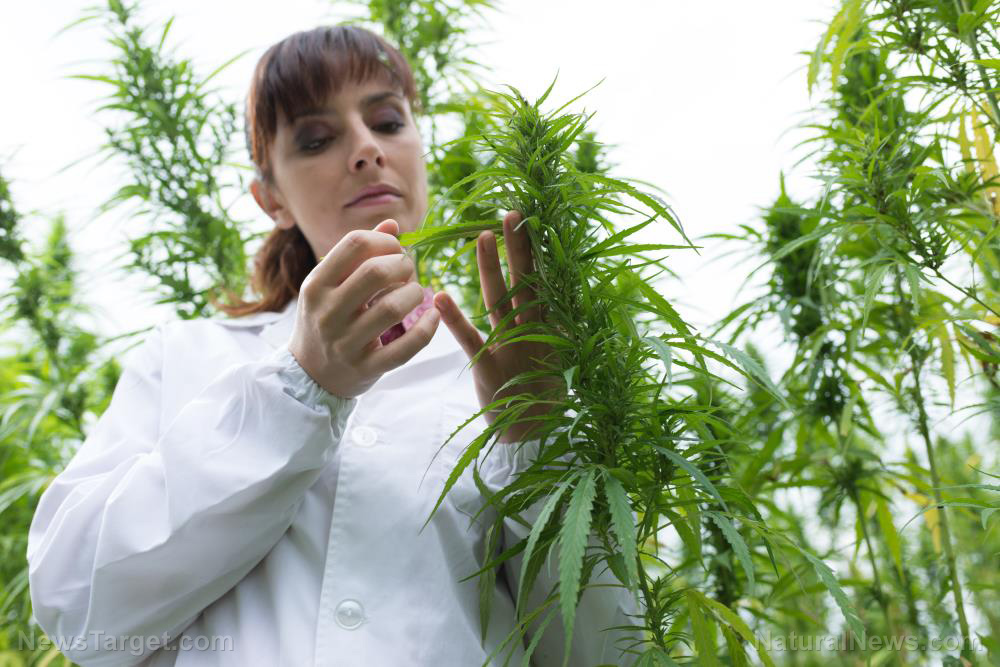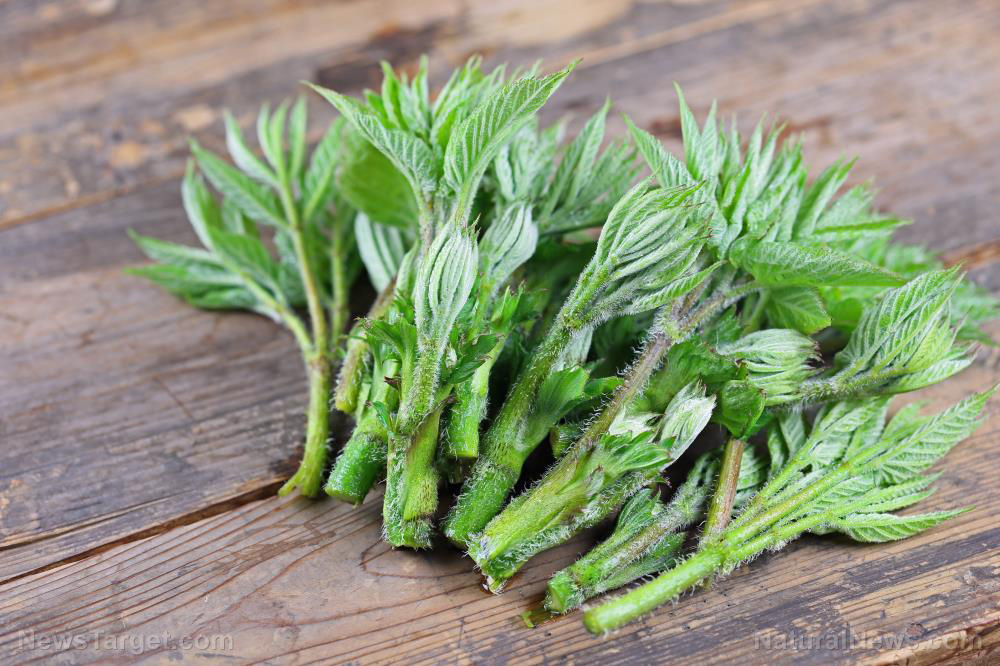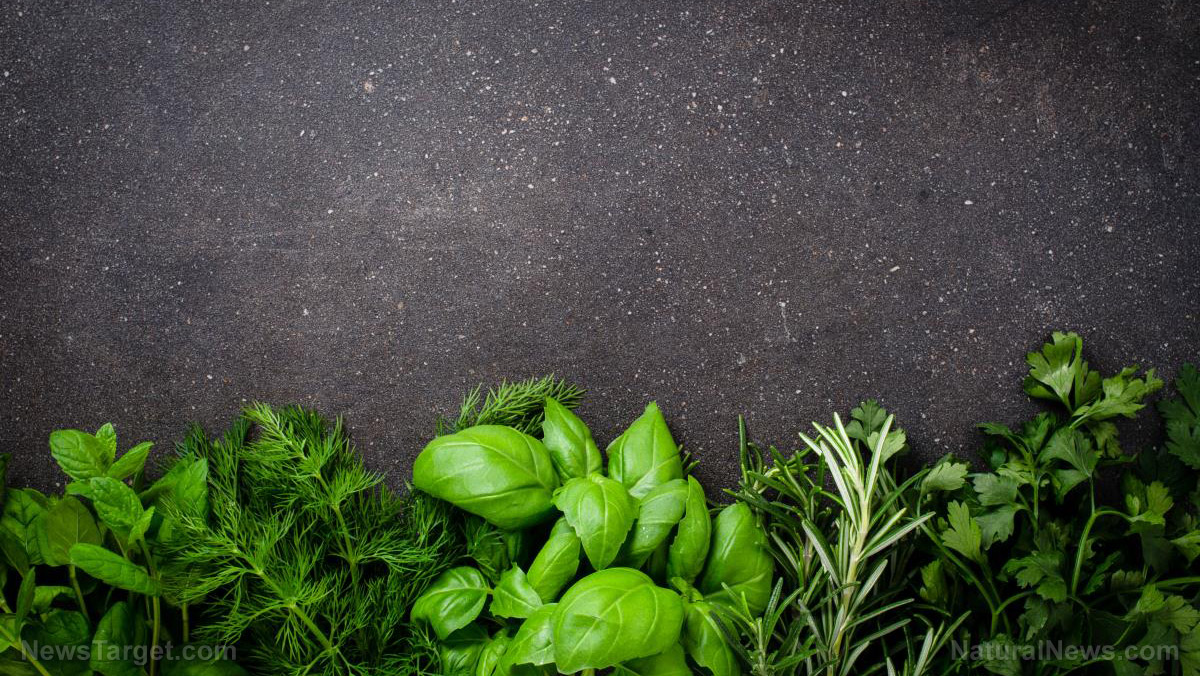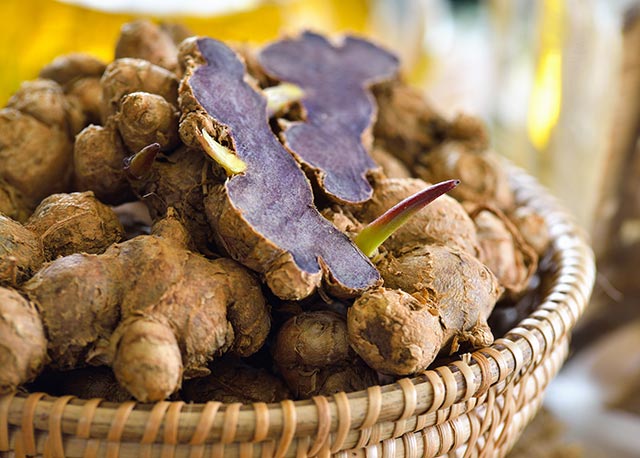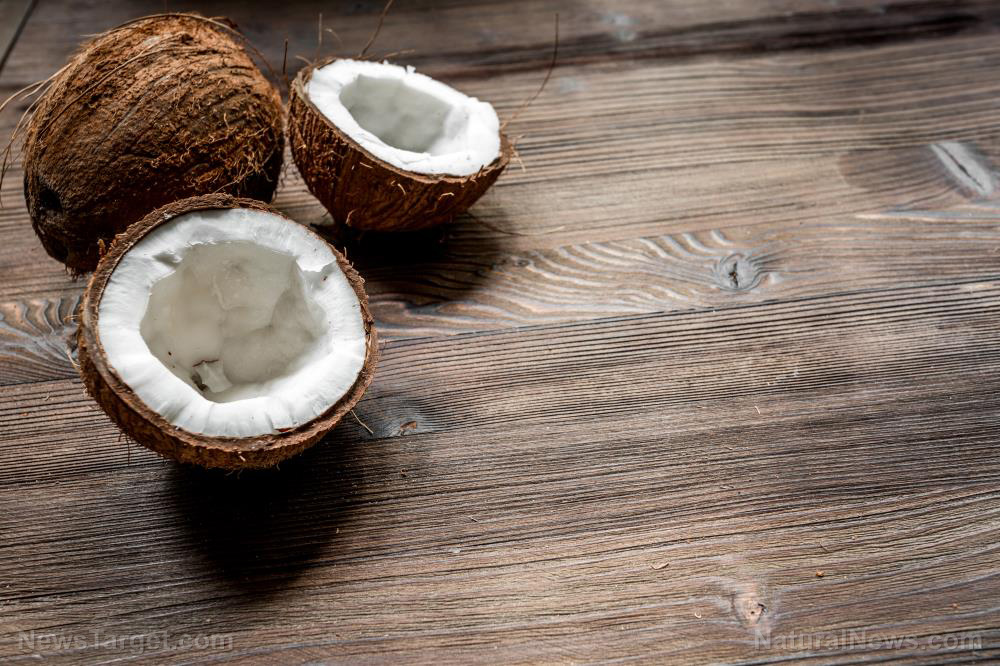TCM found to protect the intestines from injury by preventing inflammation
10/26/2018 / By Ellaine Castillo
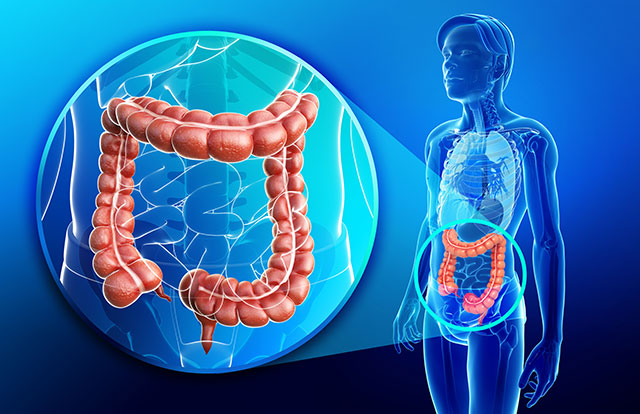
Even the parts of the body that protect against infections need protection, too. The intestinal mucosa, for instance, prevents bacteria from entering the blood, but it is vulnerable to excessive inflammation in the presence of some pathogens. When the intestinal mucosa is damaged, the body becomes more susceptible to infections, so it is crucial to protect the intestinal mucosa in order to stay healthy.
Researchers from Heilongjiang Bayi Agricultural University discovered that the traditional Chinese medicine Huang Qi (Astragalus membranaceus) prevents intestinal mucosal damage by reducing inflammation.
Gram-negative bacteria are able to damage the intestinal mucosa through lipopolysaccharide endotoxins in its cell wall. The presence of lipopolysaccharides triggers the cells of the immune system to release substances that promote inflammation, which is known as pro-inflammatory cytokines. Excessive production of these cytokines leads to systemic inflammation, consequently increasing the risk for other diseases.
Huang Qi is a widely used medicinal plant that has potential use in protecting the intestinal mucosa against damage. It is traditionally used for its biological activities, which include antioxidant, hypoglycemic, antiviral, hepatoprotective, antidiabetic, and anticancer activities. Aside from these, previous studies have also shown that Huang Qi repairs tissue damage, such as in the gastric mucosa.
In this study, published in BMC Complementary and Alternative Medicine, researchers evaluated the protective effects of Huang Qi against intestinal mucosal damage caused by lipopolysaccharides in male ICR mice. Evaluations were based on parameters like the presence of pro-inflammatory cytokines and the pathological condition of tissues from the intestinal wall.
The researchers observed that untreated mice experienced an increase in pro-inflammatory cytokines, indicating that lipopolysaccharides induced inflammation. Meanwhile, the Huang Qi treated mice had similar cytokine levels to the control group. This shows that Huang Qi was able to prevent lipopolysaccharide-induced damage and that Huang Qi does not trigger an immune response in the body. Aside from these, the pathological observations also showed that lipopolysaccharides do inflict damage on intestinal tissues but Huang Qi treatment promotes cell recovery.
From these observations, it was determined that Huang Qi significantly reduces intestinal mucosal damage by preventing excessive inflammation. By protecting the intestinal wall from damage, the risk for other diseases is effectively reduced as well. (Related: Gut health plays a critical role in fending off diabetes, chronic disease.)
Natural ways to improve gut health
To reduce the susceptibility of intestines to infections and damage, there are many ways to improve gut health. These include:
- Eating probiotic-rich foods — Not all bacteria are harmful to the body. There are many beneficial bacteria, known as probiotics, that aid in the different functions of the body like digestion and nutrient absorption. Fermented foods, such as kimchi, sauerkraut, and yogurt, are rich in probiotics since bacteria are involved in the production of these foods.
- Breastfeeding — Mothers can help their children develop a healthier gut by breastfeeding them for the first two years of their lives. Breastfeeding improves gut health by introducing beneficial bacteria known as Bifidobacteria into the microbiota. Because of this, the child can enjoy lower risks of allergies and obesity.
- Reducing stress levels — Chronic stress negatively affects the different gut functions and the microbiota. Some ways to reduce stress include meditation, doing yoga, laughing, or spending time with friends and family.
- Drinking enough water — It is important to stay hydrated to improve the condition of the mucosal lining and to keep a healthy balance of beneficial bacteria in the gut.
Learn more about the other benefits of Huang Qi by visiting ChineseMedicine.news today.
Sources include:
Tagged Under: alternative medicine, anti-inflammatory, Astragalus membranaceus, cytokines, endotoxin, herbal medicine, Herbs, huang qi, infections, intestines, milk vetch root, natural cures, tissue damage, tissue repair, traditional Chinese medicine

